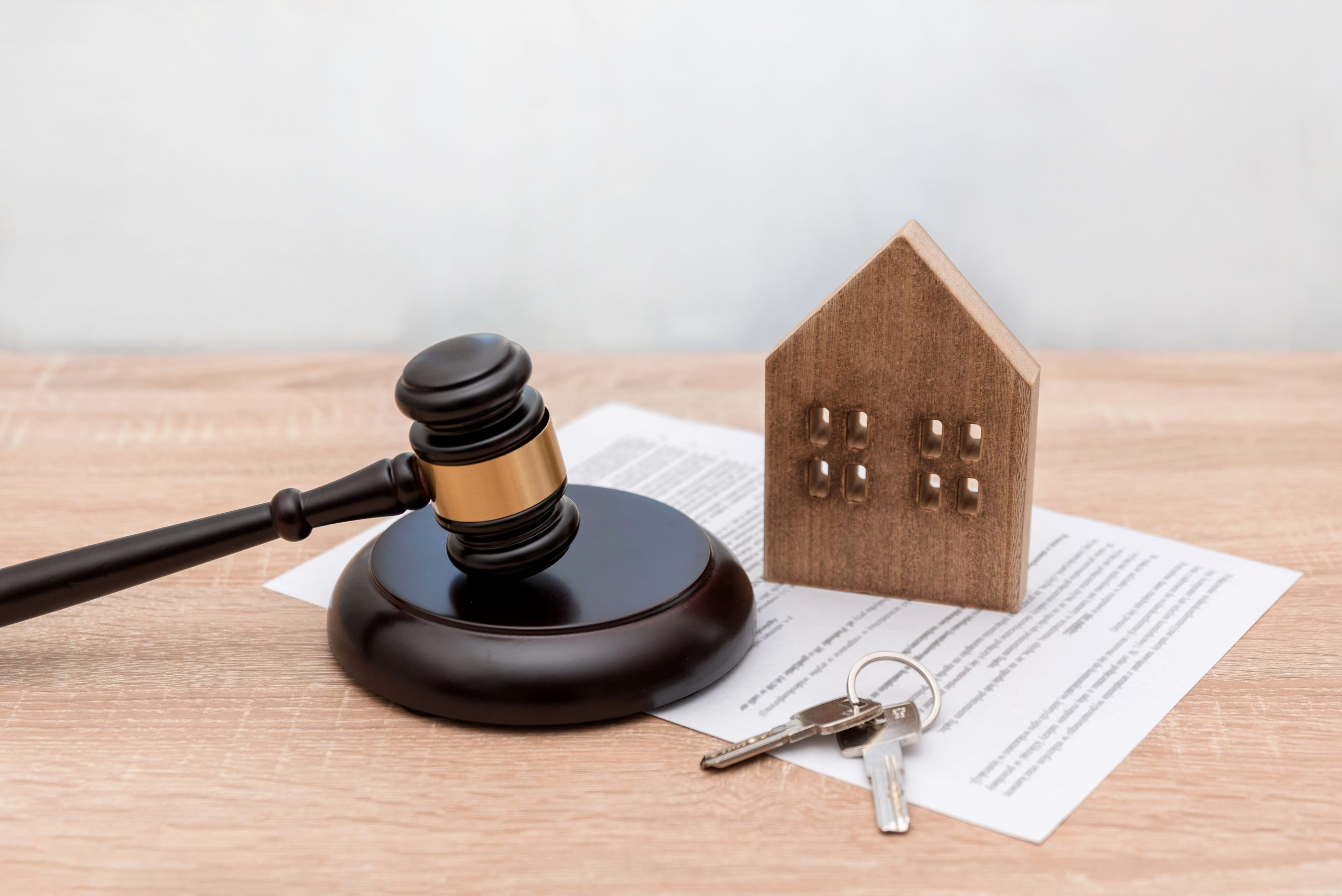Written by Centre for Immigrant and Community Services (CICS)
Have you been told by your landlord that you need to move out? Before you move out, here are a few things that you need to know.
First, you need to confirm if your tenancy is protected under the Residential Tenancies Act (RTA), you are mostly covered if you are:
- NOT sharing bathroom or kitchen with the landlord or their immediate family members
- A rooming house tenant, whether licensed or unlicensed
- Renting an individual room or basement apartment
Tenants in the above situations should be protected from being evicted REGARDLESS OF your citizenship status.
Second, you need to check if your landlord provides you with a written ‘N’ eviction notice to end a tenancy. Informal notices such as phone calls or emails are NOT considered as proper eviction notices. At this stage, you are NOT required to move out. However, you should check if the eviction notice is valid.
There are only a certain number of reasons that landlords can evict a tenant, common reasons such as, (but not limited to the following):
- N4- Notice to End a Tenancy Early for Non‐Payment of Rent
- N5- Notice to End Tenancy for Interfering with Others, Damage, or Overcrowding: Due to disruptive behavior, property damage, or overcrowding
- N12 – Notice to End your Tenancy Because the Landlord, a Purchaser, or a Family Member Requires the Rental Unit
- N13 – Notice to End Tenancy Because the Landlord Wants to Demolish the Rental Unit, Repair it, or Convert it to Another Use
Tenants should visit the Landlord and Tenant Board (LTB) website to review specific requirements for each eviction notice.

What are Bad-Faith Evictions?
Recently, there has been a rise in landlords in Toronto issuing eviction notices in “bad faith”, meaning the notices are given dishonestly, with no intention of actually following through on the stated reasons. For example, a landlord may say a family member is moving in, only to rent the unit at a higher price after the tenant is vacated.
If you suspect your landlord has acted in “bad faith,” you may have up to one or two years to file a complaint with the LTB, depending on your situation. It’s recommended to consult a legal aid clinic for guidance.
Tenants are always encouraged to visit the City of Toronto’s website here to understand more about evictions and download a copy of the eviction prevention handbook for reference, this handbook is available in multiple languages.







